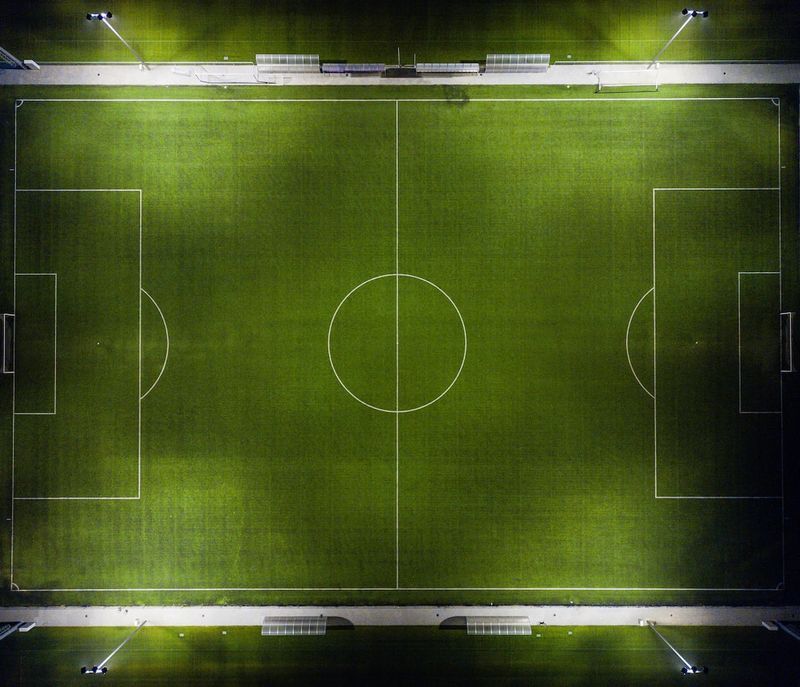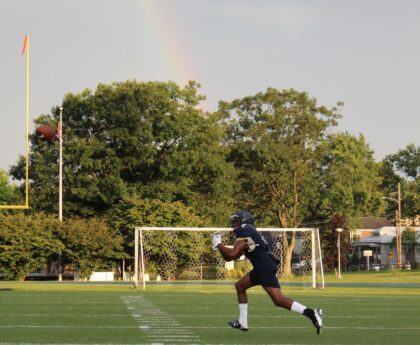Luis Suárez: Spain‘s first EURO superstar
Introduction
Luis Suárez Miramontes, one of the most successful and decorated footballers in the history of the game, passed away at the age of 88. He was a European champion with both Spain and Inter, and his contributions to the sport will forever be remembered. Suárez’s impressive career spanned leagues in Spain and Italy, and he achieved numerous accolades, including winning the UEFA European Championship and receiving the prestigious Ballon d’Or. This article is a tribute to his legacy and the impact he had on football.
The Early Years: From Deportivo La Coruña to Barcelona
Suárez’s journey in football began on the streets of A Coruna, where he honed his skills with makeshift balls made from cloths. He made his professional debut at the age of 18 for Deportivo La Coruña in 1953. However, his time with the local team was short-lived as he faced challenges playing against senior players who were much older and physically tougher than him.
Barcelona, recognizing his potential, took a chance on the young attacking midfielder. It was under the guidance of coach Helenio Herrera in 1958 that Suárez truly flourished, earning praise from teammates and opponents alike. Herrera described him as “a great organizer of teams” and commended his exemplary lifestyle.
Barcelona: Success and the Ballon d’Or
Playing alongside the likes of László Kubala, Evaristo de Macedo, Justo Tejada, Zoltán Czibor, and Sándor Kocsis, Suárez found his role in Herrera’s team. Barcelona experienced success during this period, winning a league and cup double in 1959 and securing another league title the following year.
In 1960, Suárez became the first and, to this day, the only Spaniard to win the Ballon d’Or. He proudly presented the trophy to Barcelona’s club museum and described himself as the organizer of Herrera’s team. Suárez’s versatility allowed him to play deep, cover a lot of ground, and provide a wide perspective and vision. He possessed exceptional technique and had the ability to shoot from outside the box.
Suárez came close to achieving European glory with Barcelona in 1961, but they fell short, losing 3-2 to Benfica in a memorable European Cup final. Despite this disappointment, Suárez left a lasting impression on Barcelona, and his significant contributions to the team are still recognized and celebrated.
Inter: The Record Transfer and European Success
In the summer of 1961, Suárez joined his mentor, Helenio Herrera, at Inter for a then record fee of 25 million pesetas (equivalent to around €150,000). Reflecting on his decision to leave Spain, Suárez acknowledged that it was Herrera’s influence that prompted him to make the move. Herrera, renowned for his innovative training methods, recognized that Suárez was the missing piece in building a great Inter side.
Suárez’s arrival at Inter marked the beginning of a successful period for the club. In 1963, Inter secured their first Serie A championship in nine years. The following year, they lifted the European Cup by defeating Real Madrid 3-1 in the final. Suárez described the 1964 European Cup final against Real Madrid as one of his best memories. The victory against a dominant European force brought immense satisfaction, particularly since he was a former Barcelona player.
Another European Cup triumph followed for Suárez with Inter in 1965, this time defeating Benfica. However, his participation in the 1967 final was cut short by injury, and Inter suffered defeat against Celtic. Suárez ended his playing career at Sampdoria and later returned to Inter for three different spells as a coach.
International Success: UEFA European Championship and Spain
Suárez’s success extended beyond his club career. In the summer of 1964, at the age of 29, he led Spain to victory in the UEFA European Championship, hosted on home soil. As the most senior player in the squad, he played a pivotal role in guiding a young team to triumph, defeating Hungary in the semi-finals and the Soviet Union in the final.
As a player, Suárez achieved unparalleled success, earning multiple accolades and winning major trophies for both club and country. While he had a respectable coaching career, including leading Spain at the 1990 FIFA World Cup, Suárez admitted that his true strength lay in his prowess on the pitch.
A Legacy and Reflection
Although there is a plaque honoring Suárez in A Coruña, he chose to spend his final years in Milan, Italy. He expressed no regrets about leaving Spain 54 years ago and sought the challenge of achieving success away from his home country. Suárez’s transition to Inter led to winning numerous trophies and transforming the club into a great team, which brought him immense joy and satisfaction.
Luis Suárez Miramontes will forever remain Spain‘s first EURO superstar and a legend in the world of football. His impact on the game, both as a player and as an individual, left an indelible mark. His extraordinary achievements, his role in shaping great teams, and his ability to conquer Europe will be remembered and celebrated by football fans worldwide.
This article was written by for The New York Times.

<< photo by Binyamin Mellish >>
The image is for illustrative purposes only and does not depict the actual situation.
You might want to read !
- The Remarkable Rise and Redemption of Ballon d’Or-Winning Luis Suarez
- Battle of the Titans: Verstappen Outshines Norris for British Grand Prix Pole
- Martin Brundle’s Fierce Remark Exposes Society’s Double Standards: Lessons from Cara Delevingne’s Rejection
- England’s Chris Woakes confident in team’s ability to bounce back in the Ashes hunt
- Russian Teenager Mirra Andreeva Shines Bright at Wimbledon: A Rising Star in the Making
- Dricus du Plessis: Uncovering the Nationality and Religious Background of a Rising UFC Star
- Tour Talk: A Deep Dive into Daniil Medvedev’s Fan Q&A Session
- How Did Coca Cola Cans of the 1930s Resemble Paint Thinner Containers?
- The Rise of Daniil Medvedev: Overcoming Challenges to Reach the Top
- The Hidden Dangers: Unveiling Ukraine’s Cluster Bomb Issue
- Billy Joel Dominates BST Festival Stage with Timeless Hits
- “Revving Up the Excitement: Unveiling Brad Pitt’s F1-Inspired Car for ‘Apex’ at Silverstone”
- Game, Set, Love: Unveiling the Royal Fan, Famous Boyfriend, and More in Katie Boulter’s Wimbledon Journey




